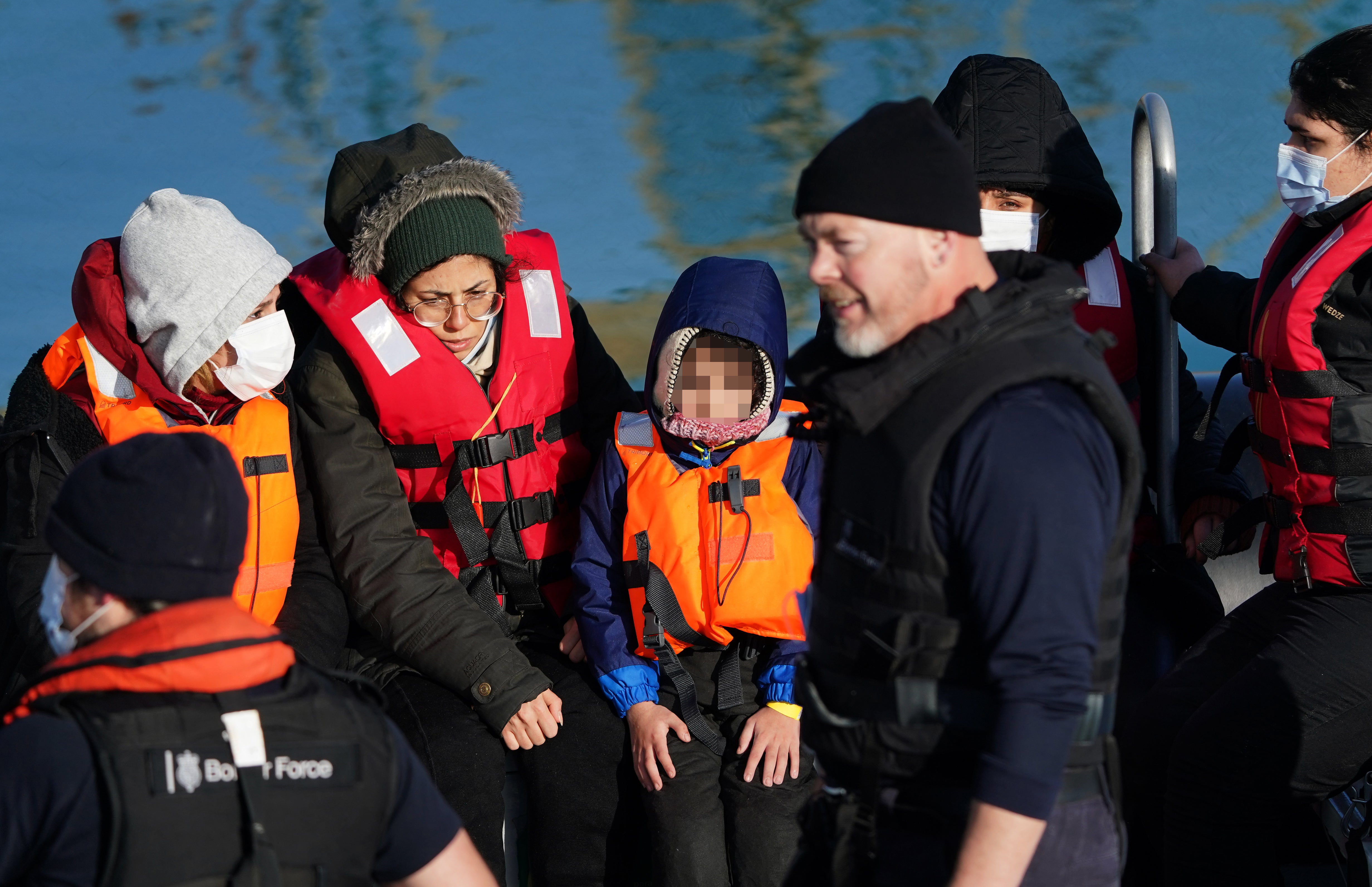Councils told by Home Office to find accommodation for migrant children
The national transfer scheme was made compulsory last year.

Your support helps us to tell the story
From reproductive rights to climate change to Big Tech, The Independent is on the ground when the story is developing. Whether it's investigating the financials of Elon Musk's pro-Trump PAC or producing our latest documentary, 'The A Word', which shines a light on the American women fighting for reproductive rights, we know how important it is to parse out the facts from the messaging.
At such a critical moment in US history, we need reporters on the ground. Your donation allows us to keep sending journalists to speak to both sides of the story.
The Independent is trusted by Americans across the entire political spectrum. And unlike many other quality news outlets, we choose not to lock Americans out of our reporting and analysis with paywalls. We believe quality journalism should be available to everyone, paid for by those who can afford it.
Your support makes all the difference.The Government has written to 29 councils telling them they must take migrant children, who have arrived in the UK without any parents or guardians, into their care.
The Home Office made a voluntary scheme temporarily compulsory last year, so councils around the country would share the responsibility for looking after unaccompanied youngsters, including those who arrive on England’s south coast after crossing the Channel.
It came after Home Secretary Priti Patel said councils around the UK needed to “play their part” in offering accommodation to asylum seekers as many did not accept the transfer of children, “resulting in significant pressure on the few which did”, her department said.
In November Kevin Foster, one of the Government’s immigration ministers, wrote to all 217 councils with children’s services across the country, informing them of plans to “temporarily mandate the National Transfer Scheme” and giving them two weeks to present reasons why they should not accept them.
The legal notice to accept transfers of children into their care and to provide placements to unaccompanied asylum-seeking children (UASC) was part of “urgent steps” to ensure “immediate, fuller participation” which is fair for all local authorities involved, the Home Office said at the time.
A month later the Government directed 177 local authorities to take part in the scheme, which saw “tangible improvements”.
On Tuesday, Mr Foster wrote to a further 29 councils to order them to take part.
This included 17 which made “exemption requests” and 12 which were “already caring for high numbers of UASC”.
Those 12 will be asked to take on more children once the number in their care falls below a certain level.
The Home Office refused to disclose the names of which councils it has now contacted.
Mr Foster said: “I am grateful for the continued support of local authorities who have already stepped up to help more unaccompanied asylum-seeking children.
“Mandating the scheme has already led to additional placements but we know there is more work to be done.”
Factors including the existing child population, pressures on children’s services and the number of asylum seekers being supported in the area will all be considered, as well as the best interests of the child, the Home Office previously said.
Councils will not have to accept more unaccompanied child migrants if they already make up 0.07% or more of its general child population.
The plans will be kept under review and how long it remains mandatory will depend on factors including “intake levels and how long it takes to end the use of hotels”.
Councils receive a higher rate of funding of £143 per child per night under the scheme.
More than 1,350 people have reached the UK in small boats so far in 2022, according to data compiled by the PA news agency.
Rough weather and high winds have hindered crossing attempts in February, with only one boat believed to have succeeded in crossing so far this month.